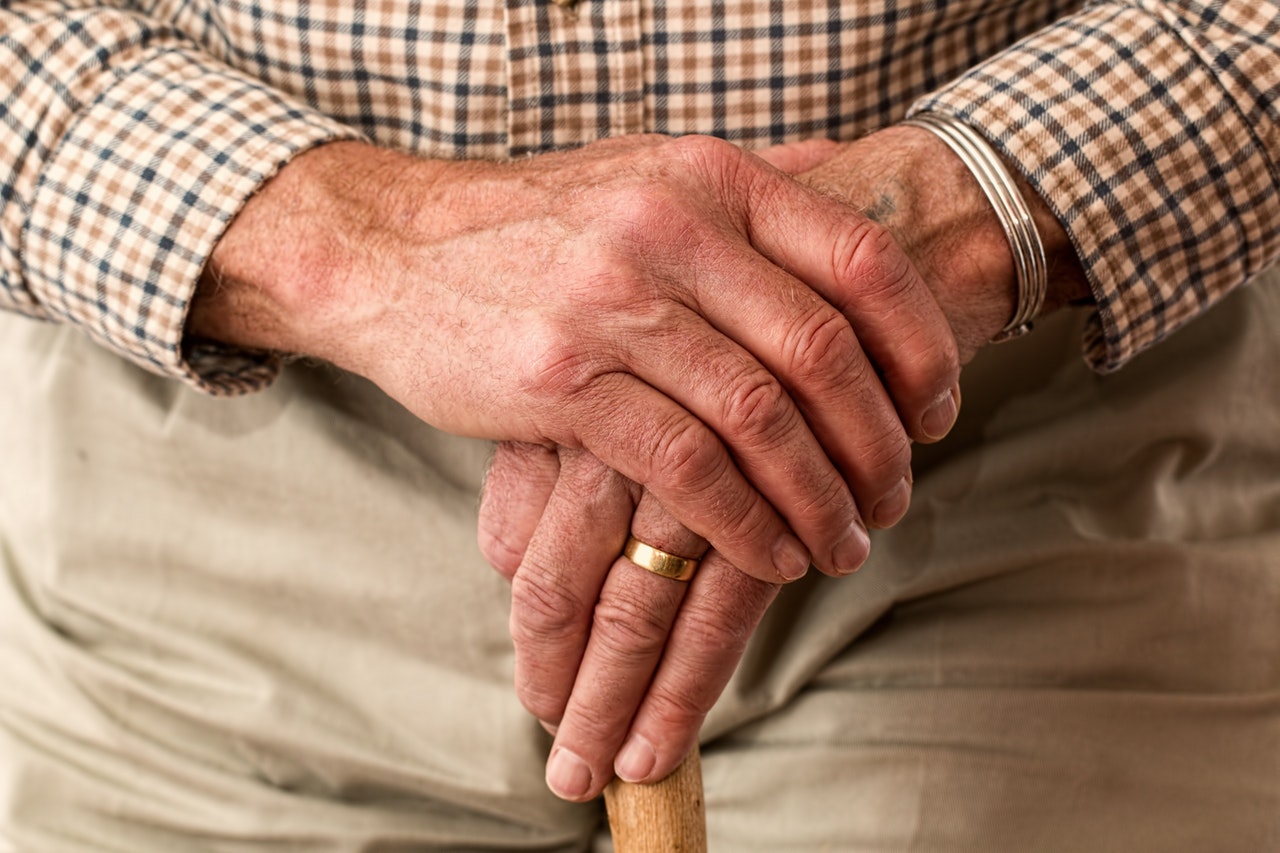Osteoarthritis
The most common type of arthritis is osteoarthritis. Also known as degenerative joint disease, osteoarthritis is the most common chronic condition for joints. The condition affects about 27 million Americans. Osteoarthritis can affect any joint, but common locations include the knees, hips, back, neck, and the joints in the hands and wrists.
What are the symptoms of Osteoarthritis?
Individuals with osteoarthritis experience pain and stiffness in the joints due to degeneration of the protective cartilage. Pain and stiffness usually get worse throughout the day and with exercise and are relieved with rest. Grinding or cracking of the joints, called crepitus, is a common symptom. Eventually, long-term wear and tear on the joints will lead to bony swelling of the joints and decreased range of motion.

What Are My Treatment Options?
Physical therapy is often first-line treatment to strengthen the muscles surrounding the joints. Occupational therapy teaches the individual how to modify daily tasks to decrease pain and improve function. Acetaminophen (Tylenol) and over-the-counter and prescription-strength anti-inflammatory medications (NSAIDs) can help with the pain but require close monitoring by a healthcare provider due to long-term effects on the liver, kidneys, and gastrointestinal system.
Steroid shots can be given a few times a year in order to reduce joint pain. In severe osteoarthritis, surgical procedures like arthroplasties can be performed to realign the body and replace the joints. Interventions like gel or stem-cell injections are sometimes attempted, although the results are temporary.
Living With Osteoarthritis
Osteoarthritis is a chronic, progressive disease. Fortunately, there are ways to reduce symptoms and live a comfortable life.
Daily, low-impact exercises, like walking or yoga, helps with weight loss and builds muscle around the joints to stabilize the joint and increase flexibility. A healthy diet of lean meats and fruits and vegetables is also recommended.
If you are experiencing the symptoms of osteoarthritis, schedule an appointment with Dr. Brionez. You can reach Advanced Rheumatology of Houston by calling (281) 766-7886 or request an appointment online.
Note: All information provided on this page has been reviewed and approved by Dr. Tamar Brionez. To learn more about Dr. Brionez and her experience, click here.
Note: All information provided on this page has been reviewed and approved by Dr. Tamar Brionez. To learn more about Dr. Brionez and her experience, click here.

Let Us Help You Live Your Life With Osteoarthritis More Comfortably



Let Us Help You Live Your Life With Osteoarthritis More Comfortably
Learn More About Osteorthritis
Frequently Asked Questions
How is Osteoarthritis Diagnosed?
What Causes Osteoarthritis?
Osteoarthritis is frequently found in individuals over the age of 65, obesity, and a history of joint injuries or bone deformities. Individuals who have had previous athletic injuries are more likely to develop osteoarthritis later in life.
Dr. Tamar Brionez
About Our Doctor
Dr. Brionez has more than 10 years of experience in diagnosing and treating rheumatic musculoskeletal disease and systemic autoimmune conditions. She has a Bachelor of Science in Nutritional Sciences from Texas A&M University and completed her Doctor of Medicine at Baylor College of Medicine. Additionally, she completed her Fellowship in Rheumatology at the University of Texas-Health Science Center. Dr. Brionez is board certified in both Internal Medicine and Rheumatology and has been in private practice since 2009.
Dr. Brionez is known for her dedication to her patients and her ability to diagnose complex conditions. She adheres to the highest standards of medical care while relying on cutting-edge technology and the most up-to-date medical research. Dr. Brionez has adopted a holistic view of her patients’ health and is considered a leading specialist in managing complex autoimmune disorders including lupus, rheumatoid arthritis, psoriatic arthritis, scleroderma, osteoporosis, and many others. She is fluent in Spanish and is dedicated to hiring diverse staff to best meet her patients’ needs.
Request an Appointment
Call (281) 766-7886 or fill out the form below:



